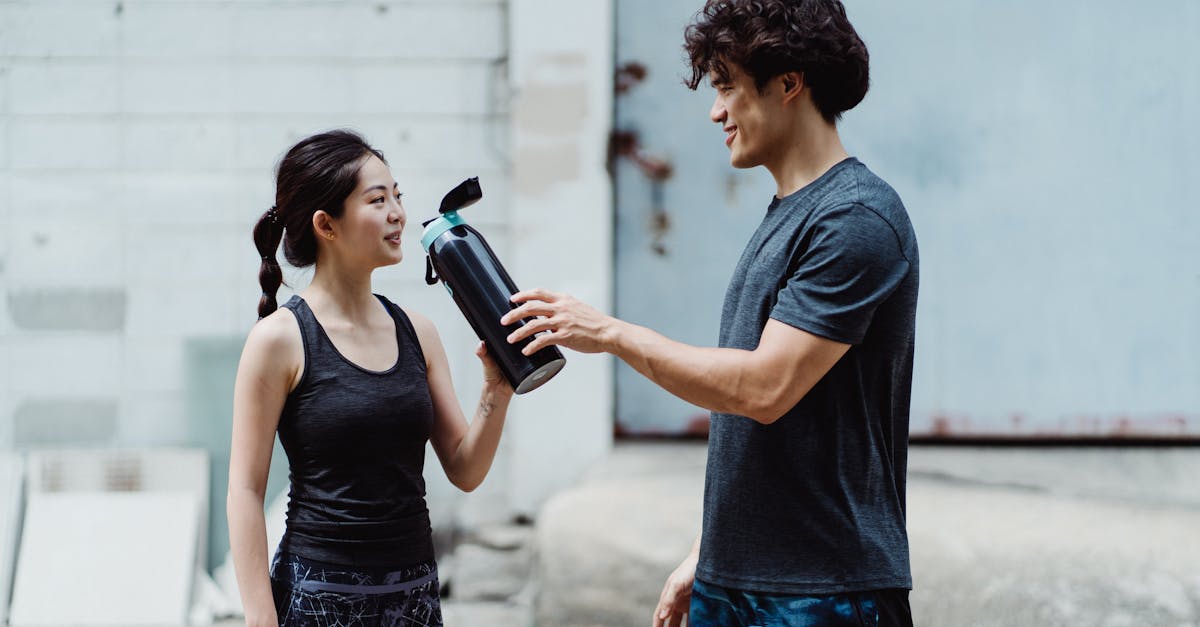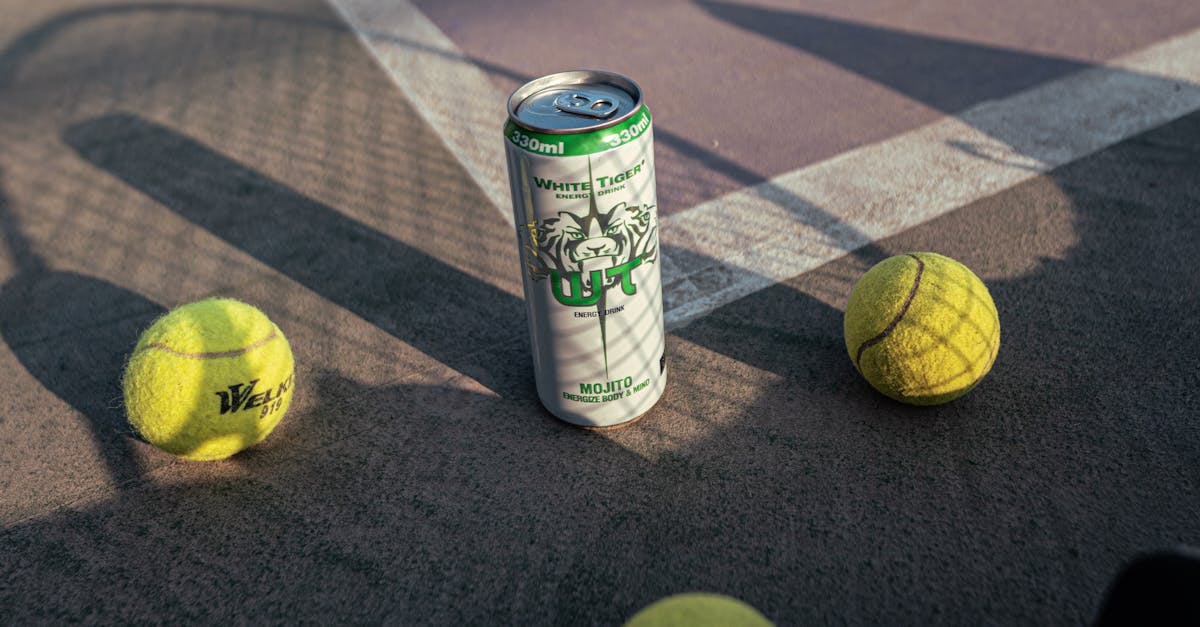Eating is a fundamental part of our daily lives, but have you ever noticed yourself sweating while enjoying a meal? This phenomenon can be puzzling and even concerning for some. In this article, we will explore whether sweating while eating is a good or bad thing.
We will break down the causes, effects, and implications of this occurrence. Additionally, we will provide you with a comprehensive FAQ section to address any lingering questions you might have. Let’s dive into the details!
| Aspect | Good | Bad |
|---|---|---|
| Thermoregulation | Helps cool the body | May indicate overheating |
| Metabolism | Boosts calorie burn | Can signal stress |
| Spicy Foods | Enhances flavor experience | Can cause discomfort |
| Hydration | Encourages fluid intake | Risk of dehydration |
| Health Indicators | Shows active metabolism | Could indicate health issues |
Thermoregulation
Sweating while eating can be beneficial for thermoregulation, which is the body’s way of maintaining a stable internal temperature. When you consume hot foods or drinks, your body may respond by sweating to cool down.
This natural process is essential for preventing overheating, especially in warm environments or during intense meals. However, excessive sweating could indicate that your body is struggling to regulate its temperature effectively, which might be a cause for concern.

Metabolism
Another positive aspect of sweating while eating is its connection to metabolism. When you sweat, your body is actively burning calories. This can be particularly true if you are consuming spicy foods that raise your body temperature.
The increase in metabolic rate can be a good thing, as it may contribute to weight management. However, if the sweating is excessive, it could signal stress or other metabolic issues that warrant further investigation.

Spicy Foods
Sweating is often associated with consuming spicy foods. While this can enhance your culinary experience by intensifying flavors and making meals more enjoyable, it can also lead to discomfort for some individuals.
The active ingredient in spicy foods, capsaicin, stimulates the sweat glands, resulting in perspiration. For those who enjoy spicy cuisine, sweating can be seen as a badge of honor, but it’s essential to listen to your body and know your limits.

Hydration
Interestingly, sweating while eating can encourage hydration. When you sweat, your body loses fluids, which can prompt you to drink more water or other hydrating beverages. This is particularly important during meals, as staying hydrated aids digestion and overall bodily function.
However, it is crucial to balance fluid intake, as excessive sweating without adequate hydration can lead to dehydration, which can be harmful to your health.

Health Indicators
Sweating while eating can serve as a health indicator. For many, a little sweat is perfectly normal and shows an active metabolism. However, if you notice an unusual amount of sweating that is accompanied by other symptoms such as dizziness, rapid heartbeat, or discomfort.
It could be a sign of an underlying health issue. Consulting with a healthcare professional in such cases is advisable to rule out any serious conditions.

In conclusion, sweating while eating has both positive and negative implications. It can be a natural response to temperature regulation and a sign of metabolic activity, but excessive sweating can also indicate health concerns. Understanding your body’s signals is key to maintaining a healthy relationship with food and hydration.
FAQs
Is It Normal To Sweat While Eating?
Sweating while eating can be normal, especially when consuming hot or spicy foods. It is your body’s way of regulating temperature. However, if sweating is excessive or accompanied by other symptoms, it may be worth consulting a doctor.
Can Sweating While Eating Help With Weight Loss?
Sweating can indicate that your metabolism is active, which may contribute to burning more calories. However, sweating alone is not a reliable method for weight loss; a balanced diet and exercise are crucial.
What Should I Do If I Sweat Excessively While Eating?
If you find that you are sweating excessively while eating and it causes discomfort, consider adjusting your meal temperature or spice level. If the problem persists, seek medical advice to rule out any health issues.
Are There Specific Foods That Cause Sweating?
Spicy foods, hot beverages, and even caffeinated drinks can trigger sweating. These foods increase your body temperature and stimulate sweat glands, leading to perspiration.
How Can I Stay Hydrated While Sweating During Meals?
To stay hydrated, drink plenty of water before, during, and after your meals. Incorporating hydrating foods, such as fruits and vegetables, can also help maintain your fluid balance.



